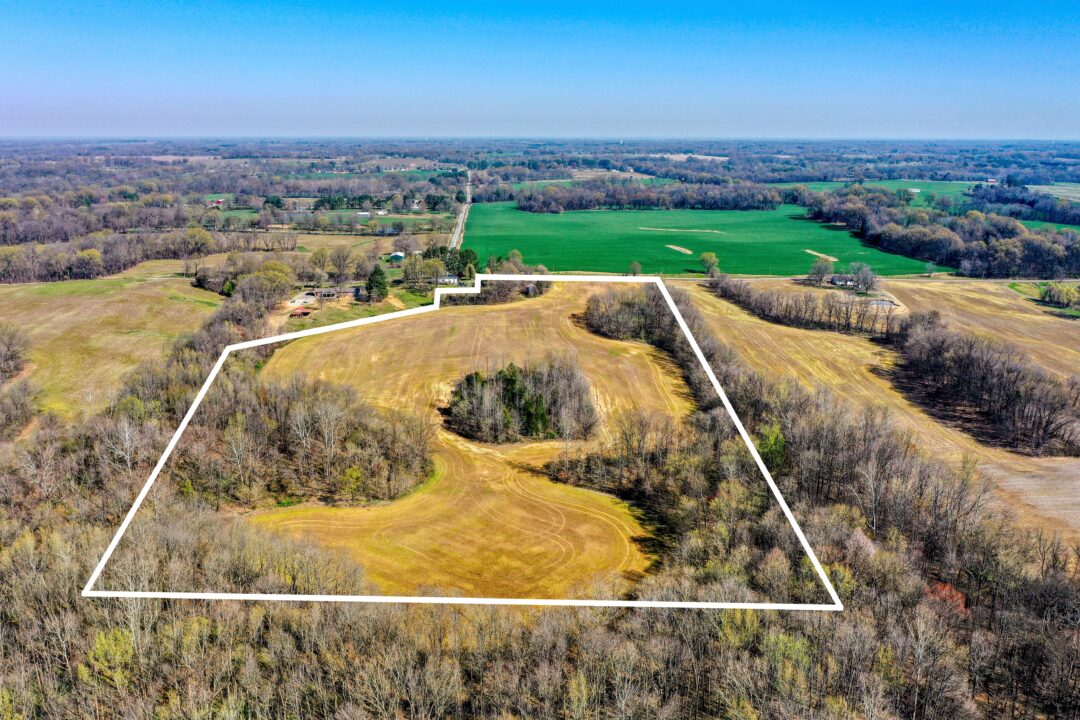Agriculture Land Auctions
CLICK ON THE PICTURE FOR A LARGER VIEW AND FOR MORE INFORMATION
CLICK ON THE PICTURE FOR A LARGER VIEW AND FOR MORE INFORMATION
Identify the Property of Interest
There are many properties to pick from with hundreds of auctions held every day. Look through the auction calendar for homes that meet your criteria and read the thorough descriptions to be sure the property is perfect for you.
Research the Property
Buyers should learn everything they can about the property. Learn everything there is to know about the features, including the advantages and disadvantages. The Auctioneer should provide you with a Property Information Package (PIP). Photos, full descriptions, auction terms and conditions, a sample Purchase and Sale Contract, property taxes and assessments, maps, plans, and a variety of other papers are included in the PIP.
Perform a Physical Inspection
Buyers can examine the property during a planned Open House or organize a private preview with the Auctioneer. Buyers at auction take the property as-is, where-is, with all flaws, so seeing the property is essential to determining value and allowing the buyer to bid confidently.
Make Your Financial Arrangements in Advance
Buyers in real estate auctions must be able to close within 30 days on cash terms. Buyers must prequalify with a lender, inform them of the Auction rules, and secure financing prior to bidding because there are no financing contingencies. If monies must be shifted in order to have accessible capital for the sale, call your financial counselor as soon as possible to make the funds ready for deposit and closing.
Observe another Auction Hosted by the same Auctioneer
Check the auction calendar for an auction that will be held before the sale for the property of interest. Become familiar with the auction process and ask questions afterwards to clarify and understand the process and expectation of that auctioneer.
Get Registered to Bid
On the day of the auction, buyers can register to bid online or in person. The earlier you register, the better, because it informs the auctioneer of your interest and allows you to receive information and updates right away. If the auction will be held onsite, show up early.
Prepare Questions about the Sale/Property
Although the Auctioneer will allow you to ask questions during the sale, it is advisable to prepare your queries ahead of time. This will give you the chance to double-check are prepared to bid with sound understanding.
Determine Your Maximum Bid
Set a bidding limit after researching and evaluating the property and determining your financial capabilities. Keep in mind the buyer's premium, necessary deposit, and closing charges. A Buyer may seek professional guidance from a building constructor or a real estate agent if they prefer.
Bid to Win
Buyers who put their best foot forward are usually the ones that win. Each property has just one winning bidder, and that bidder is the one who submits the highest bid the quickest. Continue bidding until the auctioneer ends the sale or you reach your maximum bid.
Why continue to wait? We can get your home or property sold in an afternoon for the maximum price, netting you a fair market value.
Is your property not receiving enough attention? Tired of looking for a buyer? Not interested in another price reduction? The term "auction" derives from the Latin augere, which means "to grow." The auction method of sales relies on competitive bidding rather than establishing a price cap, which sometimes attracts bargaining. Auctions are straightforward; the seller and auctioneer establish the date of sale. Buyers do pre-contract inspections and due diligence and sign non-contingent contracts backed by non-refundable deposits. Closings and property transfers are often completed within 30 days, at which point the seller recoups funds from an asset and is free to pursue other opportunities.

